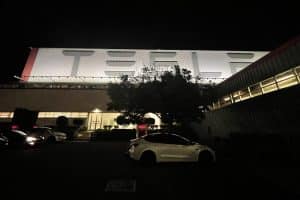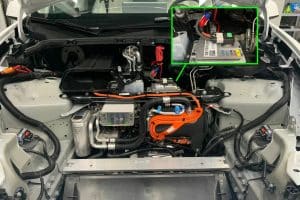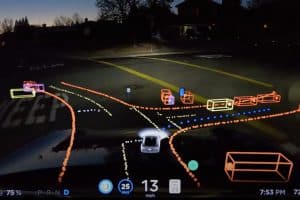- 💰 The US Department of Energy (DOE) announced a $30 million investment to boost the EV battery supply chain.
- 🔄 The investment is channeled through the Advanced Research Projects Agency-Energy (ARPA-E) for the CIRCULAR program.
- 🌱 The CIRCULAR Program aims to develop technologies to extend battery life and reduce production costs, aligning with President Biden’s environmental and economic goals.
- 🔋 Four technology categories will be targeted: battery cell materials and designs, battery pack designs and disassembly, battery intelligence systems, and analysis tools.
- 🔄 The program aims to contribute to a circular economy by promoting efficient resource use and recycling of batteries.
As the world increasingly shifts towards sustainable transportation, the need for efficient and affordable electric vehicle (EV) batteries becomes paramount. In a significant move towards advancing EV technology, the US Department of Energy (DOE) has announced a $30 million investment to bolster the EV battery supply chain. Let’s delve into the details and implications of this groundbreaking initiative.
Understanding the Investment
- Financial Boost: The $30 million investment signifies the DOE’s commitment to fostering innovation and progress within the EV sector. By allocating substantial funds towards this endeavor, the DOE aims to accelerate the development of cutting-edge technologies that can revolutionize battery production and performance.
- ARPA-E’s Role: The investment is funneled through the Advanced Research Projects Agency-Energy (ARPA-E), a renowned entity known for spearheading transformative energy research. Under the umbrella of the CIRCULAR program, ARPA-E will oversee the implementation of projects aimed at enhancing the EV battery supply chain.
Goals of the CIRCULAR Program
The CIRCULAR (Catalyzing Innovative Research for Circular Use of Long-Lived Advanced Rechargeable) program has ambitious objectives tailored to address key challenges in the EV battery industry:
- Battery Lifespan: Developing technologies to extend the longevity of EV batteries is crucial for maximizing their utility and minimizing environmental impact. By focusing on battery cell materials and designs, the CIRCULAR program aims to enhance durability and efficiency.
- Cost Reduction: Making EV batteries more cost-effective is essential for widespread adoption and affordability. Through innovations in battery pack designs, disassembly techniques, and manufacturing processes, the program seeks to drive down production costs, making EVs more accessible to consumers.
- Intelligent Systems: Incorporating intelligent systems and data analytics into EV batteries can optimize performance, enhance safety, and prolong lifespan. By investing in battery intelligence systems, the CIRCULAR program aims to enhance the functionality and reliability of EV batteries.
- Circular Economy: Embracing the principles of a circular economy, the program promotes sustainable practices such as resource reuse, recycling, and waste reduction. By developing analysis tools and lifecycle assessments, the CIRCULAR program aims to create a closed-loop system where materials are continually repurposed, minimizing environmental impact.
Implications and Benefits
- Environmental Impact: By extending the lifespan of EV batteries and promoting recycling, the CIRCULAR program contributes to reducing carbon emissions and minimizing resource depletion. This aligns with President Biden’s environmental goals and commitment to combating climate change.
- Economic Growth: Investing in the EV battery supply chain stimulates economic growth and innovation, creating job opportunities and driving technological advancements. As the EV market continues to expand, a robust and sustainable battery infrastructure is crucial for maintaining competitiveness on a global scale.
- Global Leadership: By spearheading initiatives like the CIRCULAR program, the US reaffirms its position as a leader in clean energy innovation. As other countries follow suit in prioritizing sustainable transportation, collaboration and knowledge-sharing become essential for accelerating progress on a global scale.
In conclusion, the US DOE’s investment in boosting the EV battery supply chain through the CIRCULAR program marks a significant milestone in the transition towards a sustainable transportation future. By fostering innovation, promoting sustainability, and driving economic growth, this initiative paves the way for a greener and more prosperous tomorrow.





